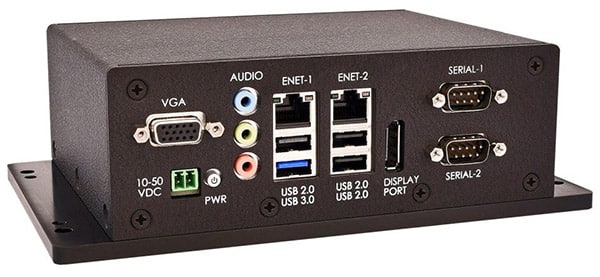Industrial-embedded computers are an integral part of modern industrial automation systems and have been used for decades to provide the necessary computing power for automation tasks.
Industrial-embedded computers are designed to be reliable, robust, and cost-effective, providing the necessary computing power for mission-critical processes.

Image Source Google
Industrial embedded computers are available in a variety of form factors and are typically found in industrial automation applications such as factory automation, robotics, and control systems.
Types of Industrial Embedded Computers
The most common type of industrial embedded computer is a single-board computer, which is a small, self-contained computer on a single circuit board. Single-board computers are typically used in industrial automation systems such as robotic arms and control systems.
Other types of industrial embedded computers include rackmount computers, panel PCs, and embedded PCs. Rackmount computers are designed for use in server racks and provide the necessary computing power for larger industrial automation systems.
Panel PCs are designed to be mounted on the front panel of an industrial machine and provide a graphical user interface for controlling the machine.
Embedded PCs are designed to be small and low-power, making them ideal for embedded applications such as factory automation.
Features and benefits
Industrial-embedded computers are designed to be robust and reliable, providing the necessary computing power for mission-critical processes. They are also designed to be cost-effective, providing the necessary computing power at a lower cost than traditional computers.
Industrial-embedded computers are typically made of rugged materials, making them ideal for harsh industrial environments. They are also designed with low power consumption, making them more energy-efficient than traditional computers.